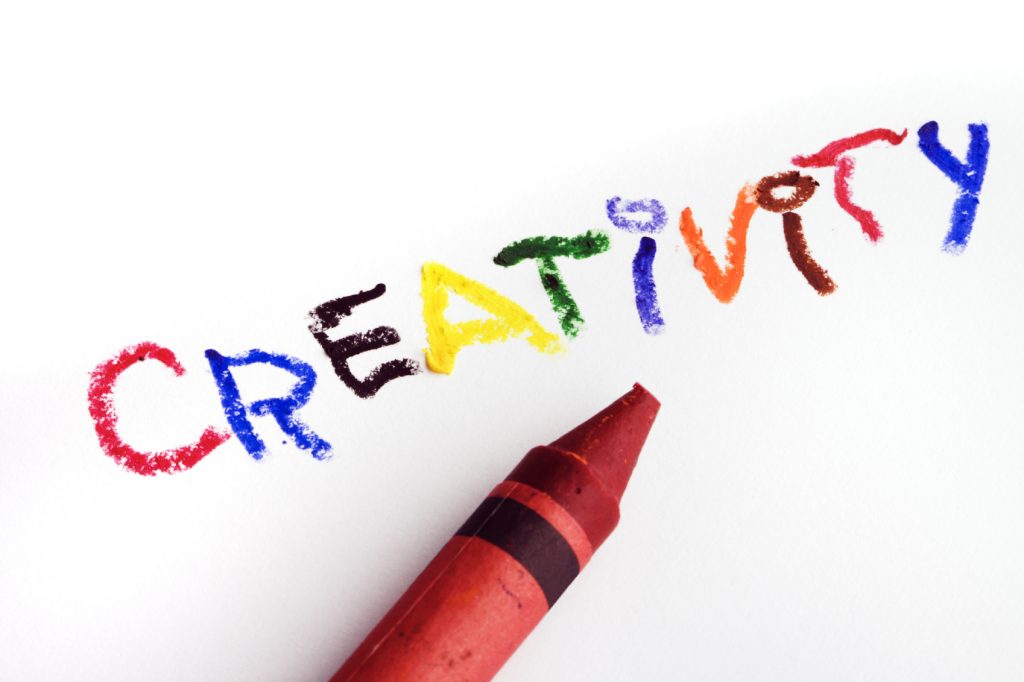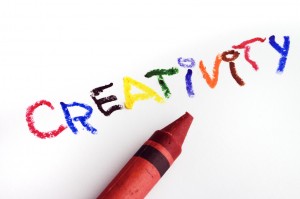In the flow: finding the reason to go creative


Creative work isn’t like operational work. Being creative is not about doing the same thing better; it’s about finding something new. Forget continuous improvement; think innovation.
Real creativity is self-motivated. We’re driven by the challenge itself: by the intrinsic enjoyment and satisfaction of creating, by the thrill of the risk. We go on the creative journey because we want to go.
Of course, it helps if your organization actively manages creativity, separately from its operational work. If it supports idea development, manages risk and tolerates (or even celebrates) failure, then going creative will come more easily. Research by Teresa Amabile suggests that many operational features of organisations can seriously inhibit creativity: performance reviews, excessive supervision, rules and protocols.
So, our working environment matters. But wherever we work, we can always look for creative opportunities. After all, life would be pretty grim without the self-motivation that drives creativity.
‘Flow’
One name for this sense of inner motivation is ‘flow’.
The term was coined by the psychologist Mihály Csíkszentmihályi. (Pronounce his name “chicks send me high-ee’.) He wanted to know what makes us happy. He studied artists at work, and elderly women in Korea. He observed Navajo shepherds, Japanese teenage motorcycle gang members, and assembly line workers in Chicago.
What motivated all these people was the quality of their experience while they worked. It displayed a number of consistent features.
- We lose self-consciousness. We take no account of how others see us. Our attention is solely on the work in hand.
- Action merges with awareness. The possibility of failure doesn’t occur to us. We simply get on with the job.
- Our sense of time becomes distorted. We work entirely in the present. As the saying goes, ‘time flies when you’re having fun.’
- We forget about external rewards. We have no interest in compensation or payment.
The experience didn’t arise when people were relaxing; and it certainly didn’t happen when they were consuming food, alcohol or drugs. Instead, it seemed to require a task that stretched their capacities: something difficult, risky or even painful. It usually involved discovery or novelty. And it was something people chose to do.
Csíkszentmihályi had stumbled on the creative journey. He called it ‘the flow state’.
Flow is good for us. It produces intense feelings of satisfaction and enjoyment, of competence and self-esteem. All of which must be good for our health.
[bookboon-recommendations id=”da5849eb-651b-4363-b019-a23c0097d899″ title=”You might also find these books interesting…”]
Finding the flow state
So, how can you develop the flow state?
First, you need control over the task. The more the parameters are set for you by someone else – the customer, your manager, an examiner – the less motivated you’ll feel.
Paradoxically, it helps if you set yourself strict rules. Maybe you know that the poem must be a sonnet. Maybe you know that the system you’re designing must have four main functions. Maybe the report must have five sections, and five only. If you set the rules, you feel in control – and your inner motivation will survive.
As well as control over the work, you’ll probably also need the following.
- A clear goal. You know what you want to achieve and you’re confident that you can achieve it.
- Immediate feedback. You’re able to see how well you’re doing, so that you can adjust your behaviour quickly.
- A balance between challenge and skill. The task feels neither too easy nor too difficult.
- Concentration. Your attention is focused exclusively on the task in hand.
All of which might be hard to achieve at work. Who’s setting the goals? How quickly can you get feedback on your progress? How easy or difficult is the task?
In other words: you may need to choose when to go creative.
On the other hand, we can transform operational tasks into creative challenges more often than we might think. “In many ways,” says Csíkszentmihályi, “the secret to a happy life is to learn to get flow from as many of the things we have to do as possible.”
If you want to learn how to find more opportunities for creativity, take a look at my eBook, Creativity at Work.
About the author: Alan Barker is Managing Director of Kairos Training Limited, a training and coaching consultancy that helps people communicate and think more effectively. Alan is a member of the UK Speechwriters’ Guild and the European Speechwriter Network. He’s the author of Creativity at Work and How to Write an Essay.
[bookboon-book id=”da5849eb-651b-4363-b019-a23c0097d899″ title=”Read more about the topic in this eBook”]



